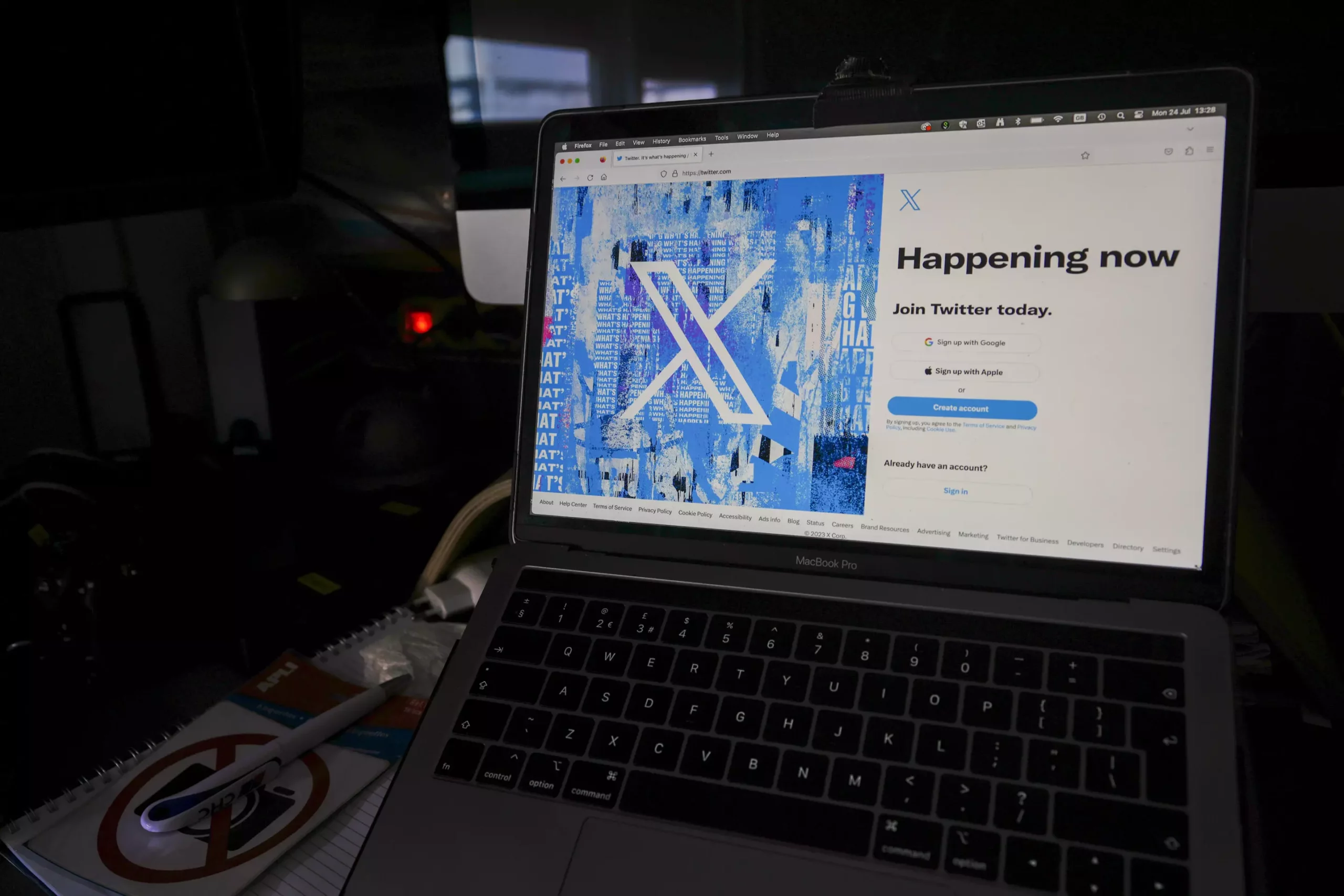The ongoing saga between Elon Musk’s social media platform X (formerly Twitter) and the Brazilian legal system has produced a multifaceted confrontation that raises important questions about the balance between free speech and regulation in the digital age. As Brazil grapples with the challenges of misinformation, political polarization, and online speech, the Supreme Court Justice Alexandre de Moraes has repeatedly found himself at odds with Musk’s vision for the application of free speech unrestricted by laws. This conflict has culminated in a series of rulings that not only serve as a reaction to specific instances of problematic content but also reflect broader societal concerns around the responsibility of social media platforms to navigate complex legal frameworks.
X’s suspension in Brazil, lasting nearly a month, stemmed from accusations of failing to comply with legal mandates aimed at curbing misinformation and regulating harmful content associated with far-right ideologies. The legality and justification behind this suspension have been under intense scrutiny, raising debates among legal experts and activists about the degree of authority wielded by judicial figures like de Moraes. Critics argue that the measures taken against X may be excessive, while supporters maintain they are necessary for maintaining civil discourse in a politically charged environment.
De Moraes’ decision to link the fate of X with Starlink, Musk’s satellite-based internet service, introduces a new layer to the dispute. By claiming that both companies belong to the same economic entity, the judge has arguably circumvented some established legal norms. This interrelation presents a conundrum for digital enterprises operating across borders: how can they remain compliant when the myriad of laws and regulations differ?
In the latest development, Justice de Moraes set forth new conditions for X’s reactivation. Notably, these stipulations include the withdrawal of appeals from Starlink and the enforcement of significant fines totaling around 10 million Brazilian reais ($1.84 million). The decision to impose financial penalties raises critical questions about the economic impact on X, a platform that has claimed damages resulting from its legal entanglements. This not only exacerbates the situation for Musk’s ventures but illustrates the broader implications of legal mandates on global digital enterprises.
Moreover, the ruling goes beyond punitive measures; it introduces procedural complexities that could dissuade other international companies from pursuing operations within Brazil. In a tech-driven economy, consistency in regulatory approaches is paramount for fostering innovation and investment. If companies view foreign regulations as punitive rather than supportive of ethical business practices, they may elect to minimize their exposure or disengage entirely, thereby harming the diversity and richness of the digital environment.
X has repeatedly asserted its commitment to free speech and has adjusted its operational strategies to align with Brazilian law. Most recently, the platform claims to have complied with the judge’s demands by designating a local legal representative, despite penalties imposed for prior discrepancies. These adaptations reflect an urgent response to the dynamic pressures of legal compliance but also point to the ongoing struggle within the framework of digital governance.
The tension extends to the public narrative as well. Musk and his supporters have labeled de Moraes an authoritarian figure intent on censoring a platform they perceive as a vehicle for free expression. These characterizations delve into larger societal fears surrounding authority and the potential for overreach in the digital landscape, where jurisdictional boundaries blur and legal interpretations diverge.
As Brazil navigates these challenging waters, the implications of this power struggle between X and the judicial system could pave the way for a new era of regulatory approaches, not only in Brazil but also globally. Exploring the balance between free expression and accountability will remain crucial as social media platforms continue to evolve and, more importantly, how they respond to local laws while maintaining a consistent global identity. The outcomes of this dispute may yet redefine the legal and societal expectations surrounding digital communication in a world increasingly reliant on these platforms for information and interaction.


Leave a Reply